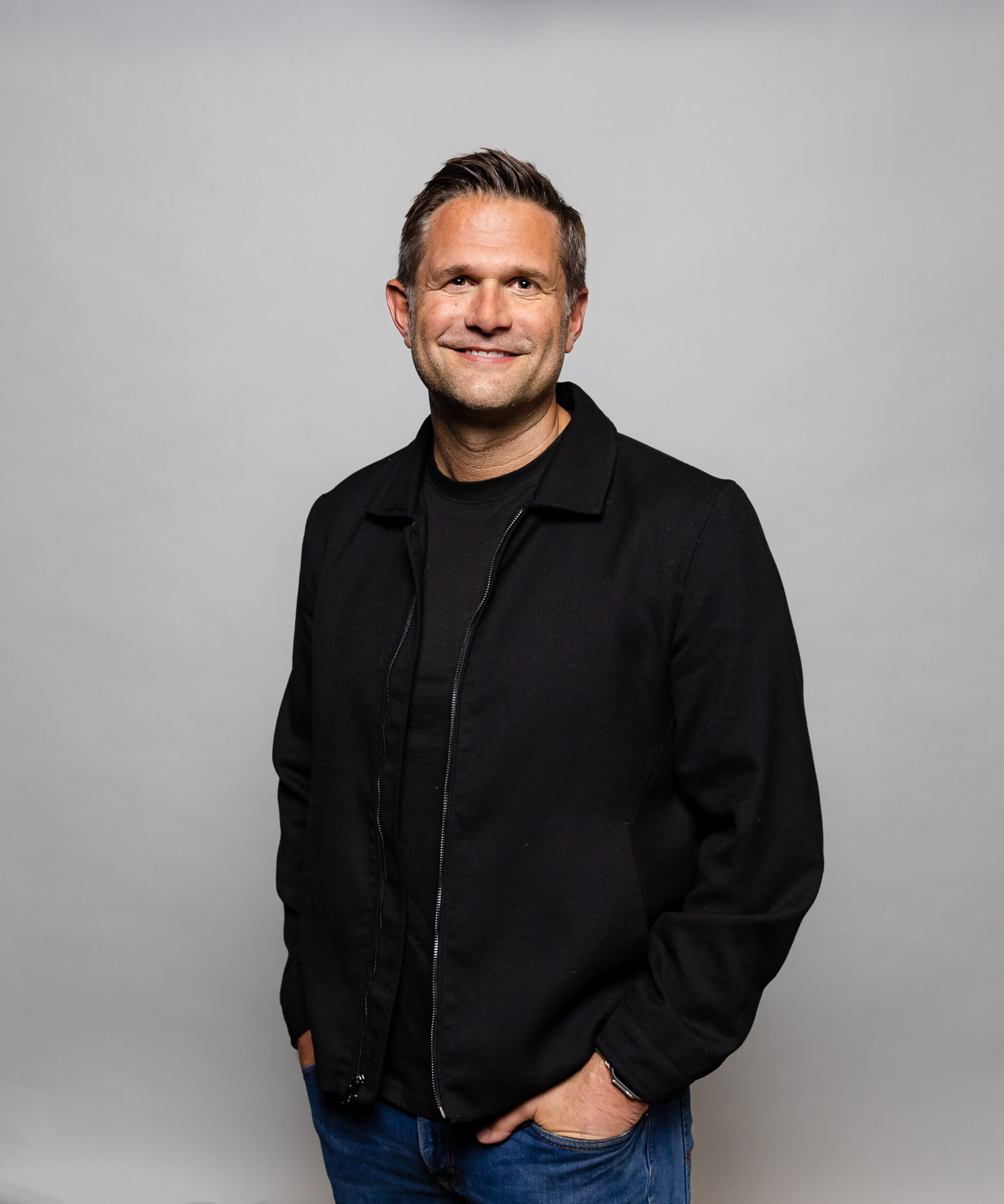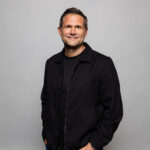Breaking Free from the Overwhelming Cycle of Insecurity
You’re standing in front of the mirror, staring at your reflection. Maybe it’s the dark circles under your eyes, the extra weight you’ve been trying to lose, or the nagging feeling that you’ll never be as put-together as your friend on Instagram. The thought creeps in—I’m not enough.
Sound familiar?
Maybe it’s whispering that you don’t have what it takes to succeed in your career. Perhaps it’s the nagging doubt when you compare your parenting to the seemingly perfect mothers on social media. Or possibly it’s the voice that says your opinion doesn’t matter when you’re about to speak up in a meeting.
That voice—the one telling you that you’re insufficient, inadequate, or invisible—is at the core of what I call the overwhelming pattern of insecurity.
The Masked Reality of Our Insecurity
We live in a culture that both fuels our insecurities and teaches us to mask them with confidence. Think about it: we spend an average of 11 seconds deciding if we’re satisfied with a selfie, then 26 minutes debating whether to post it. That doesn’t sound like someone secure in their identity—it sounds like someone desperately seeking approval while trying to appear as though they don’t need it.
The truth is, what often passes for confidence in our world is frequently a pufferfish syndrome—making ourselves appear bigger when we actually feel small and threatened inside.
The Twin Assassins of Emotional Well-being
Two primary factors fuel this cycle of insecurity, and as women, we’re particularly vulnerable to both:
Comparison: Research tells us that women are more likely than men to internalize struggles as personal failures rather than external circumstances. While men might blame an unfair test for poor performance, women tend to blame themselves—”I knew I wasn’t smart enough for this.”
Every time we scroll through social media, we compare our messy reality to everyone else’s highlight reel. We see seemingly perfect mothers with seemingly perfect children living seemingly perfect lives. What we don’t see is the reality behind those carefully curated images.
Caring Too Much What Others Think: When our sense of value depends on others’ opinions, we’ve handed over the keys to our emotional well-being. We become exhausted trying to manage other people’s perceptions rather than living authentically.
Breaking the Pattern Through a New Perspective
Here’s what I’ve discovered: the path to freedom from insecurity isn’t found in trying harder to be enough. It’s in embracing the truth that with God, you already have everything you need to do everything you need to do.
This isn’t positive thinking—it’s a profound shift in perspective based on these truths:
- You matter to the One who matters most. God’s love for you isn’t dependent on your performance, appearance, or success. He loves the real you—not the façade, not the airbrushed version—the actual you with all your failures and struggles.
- Your weakness makes room for God’s strength. When we try to hide our inadequacies, we miss the opportunity to experience God’s power working through us. As the Bible says, “His power is made perfect in weakness” (2 Corinthians 12:9).
- You have a High Priest who understands. Jesus knows what it’s like to feel insufficient, to be misjudged, to face criticism. He doesn’t watch from heaven thinking, “Oh, that seems terrible.” He’s been there. He gets it. And He offers mercy and grace when we need it most.
The Path Forward
Start by recognizing the ways insecurity manifests in your life. Is it people-pleasing? Perfectionism? Constant comparison? Naming it weakens its power.
Then, begin replacing those thoughts of “I’m not enough” with the truth: “With God, I have everything I need to do everything I need to do.”
When you find yourself scrolling through social media and feeling inadequate, remind yourself that you’re seeing curated highlights, not reality. In fact, research shows that people experiencing relationship struggles are more likely to post about romantic dates, and those with financial problems often post about shopping trips.
You might try this: Every morning for the next week, when insecurity whispers, write down one truth from Scripture that reminds you of who you really are. Tape it to your mirror or set it as your phone wallpaper. Let truth drown out the lies.
Finally, embrace the freedom that comes with authenticity. The pressure is off. You don’t have to be perfect. Your worth isn’t determined by your productivity, appearance, or achievements.
The real you—not the façade—is deeply loved, fully accepted, and completely equipped for the life you’re called to live.
That’s the truth that breaks the overwhelming pattern of insecurity once and for all.
You don’t have to live in the exhausting cycle of insecurity. Freedom isn’t found in striving to be enough—it’s in embracing the truth that with God, you already are. When insecurity whispers, you can answer with confidence: I am loved. I am seen. I am equipped for everything God has called me to do.
This journey of breaking free from mental strongholds is exactly why I wrote Every Thought Captive: Calm the Mental Chaos That Keeps You Stuck, Drains Your Hope, and Holds You Back. If you’re ready to replace self-doubt with lasting confidence, I invite you to take the next step. You don’t have to stay stuck—real freedom is possible.
Kyle Idleman is the senior pastor at Southeast Christian Church in Louisville, Kentucky, one of the largest churches in America. This article is based on and inspired by Kyle’s new book: Every Thought Captive: Calm the Mental Chaos That Keeps You Stuck, Drains Your Hope, and Holds You Back. On a normal weekend, he speaks to more than thirty thousand people spread across fifteen campuses. More than anything else, Kyle enjoys unearthing the teachings of Jesus and making them relevant in people’s lives. He is a frequent speaker for national conventions and influential churches across the country. Kyle and his wife, DesiRae, have been married for over thirty years. They have four children, two sons-in-law, and three grandchildren. They live on a farm in Kentucky, where Kyle doesn’t do any actual farming.
















0 Comments